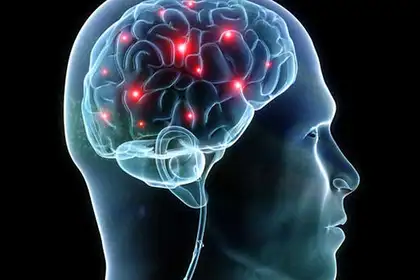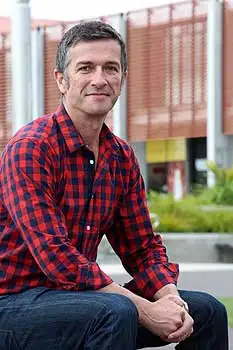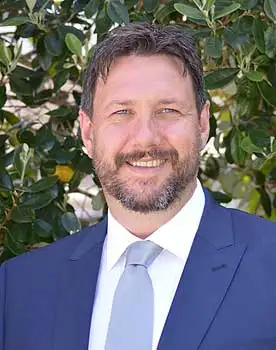
The 'Our Changing World' free public lecture series aims to provide food for thought and spark new conversations on topical issues.
What do politicians' State of the Nation speeches actually tell us? Will cyber-terrorism or North Korea be the biggest threats to our security? How will a culturally diverse society hold together, and what impact will the digital age have on future learning? Can mindfulness, poetry or religion be our secret weapons to cope with it all?
These are among the themes in a thought-provoking series of free public talks by leading lecturers, researchers and writers from Massey University’s College of Humanities and Social Sciences, aimed at helping us get to grips with a range of captivating and unsettling developments at home and abroad.
The free 10-part series titled “Our Changing World”, held monthly from February to November at Massey’s Auckland campus, Albany, follows on from last year’s successful series. Speakers bring their expert knowledge and astute insights to topics that are front of mind for many, offering fresh perspectives and analysis of some of the more complex, gritty questions. You will leave with valuable insights into some of the biggest challenges of our time.
Some lectures focus on the here and now – from decoding political leaders’ State of the Nation speeches and gauging their intent, to whether China can rein in North Korea’s nuclear ambitions. Others draw on the past for wisdom that can help us navigate contemporary life – Classical Studies experts will explore what we can learn from the Ancient Greeks and Romans on how diverse groups can live harmoniously in civil society, and a psychologist examines the place of ancient Buddhist teachings in modern life. Another will share ripping yarns from his new book on New Zealand’s ace airmen of WWI, overlooked in history books until now.

Associate Professor Grant Duncan.
Fresh perspectives, nuanced viewpoints
Historian Professor Peter Lineham (who will deliver the final lecture on the outlook for religions in New Zealand) says he and his colleagues in humanities and social sciences are passionate about connecting with the public to share ideas and knowledge, generate debate and provide new conversation points on complex issues.
“In this age of information overload and fake news, it can be hard to make sense of what’s really going on behind the scenes in the echelons of power, or the headlines,” he says. “We feel it’s important to take the knowledge and research we do out into the public sphere – not to tell people what to think, but to provide them with frameworks, ideas, and information as food for thought for a more nuanced view of things. And we really look forward to the smart questions and comments that come after each lecture.”
The first lecture (February 22) by politics researchers Associate Professor Grant Duncan and Dr Damien Rogers is titled Vision or diversion: What do State of the Nation speeches really tell us? In it, they unpick and read between the lines of speeches by our new set of political leaders. They will be looking for the underlying issues that political leaders do – and do not – address, in relation to New Zealand’s domestic social and economic situation and its trade and security relations with the wider world.
The lectures will be held in the Sir Neil Waters Lecture Theatre Building (SNW300) at 6pm.
For more information and to register go to: www.massey.ac.nz/ourchangingworld

Dr Damien Rogers.
Title and dates for Our Changing World lectures:
February 22: Vision or diversion: What do State of the Nation speeches really tell us?
(Associate Professor Grant Duncan, Dr Damien Rogers)
April 5: Close encounters with cosmopolitan NZ
(Distinguished Professor Paul Spoonley, Dr Rand Hazou, Dr Trudie Cain)
April 26: Flying under the radar: New Zealand’s fearless airmen of WWI
(Dr Adam Claasen)
May 31: Can poetry save the Earth?
(Associate Professor Bryan Walpert, Dr Jack Ross, Dr Jo Emeney)
June 28: Watching over you: surveillance and security in New Zealand
(Dr Rhys Ball, Dr Damien Rogers)
July 5: Can China call the shots with North Korea?
(Dr Marc Lanteigne)
August 30: Whose community? What the Ancients can teach us about merging and mixing
(Dr Anastasia Bakogianni, Dr David Rafferty)
September 27: In the moment: Mindfulness for changing times
(Dr Heather Kempton)
October 25: Yearn to learn – how the digital revolution is sparking creativity
(Dr Lucila Carvalho)
November 29: In search of church – does religion have a future in godzone?
(Professor Peter Lineham)